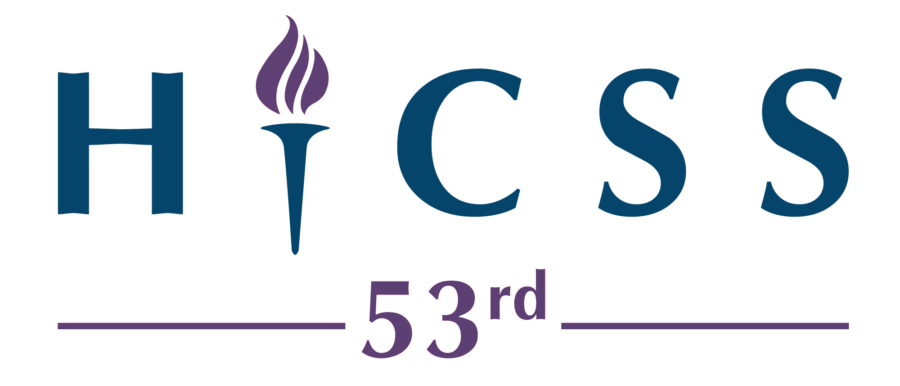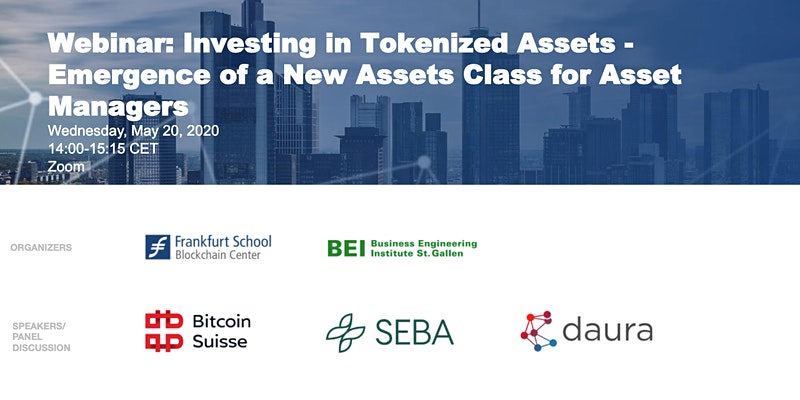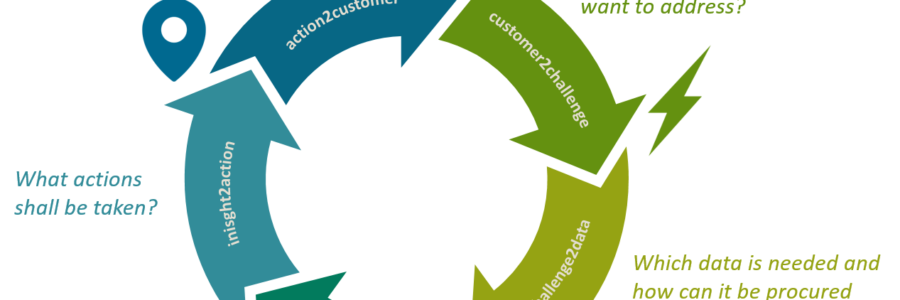
How Does Artificial Intelligence Change the Business Models of the Financial Industry? (Part 2)
In order to position itself in the FinTech market with an AI-based application, a company needs a deep understanding of the AI FinTech market, i.e. both the existing applications and the business models that have developed around these applications. In the first part of this blog post, we used the AI Application Taxonomy, a tool to describe the properties of an AI application in more detail, to analyze a total of 79 AI applications from 75 FinTechs and to identify four overarching application archetypes. In the second part, we now focus on the business models within which these applications are used and the resulting positioning options for financial institutions.
Continue reading »













